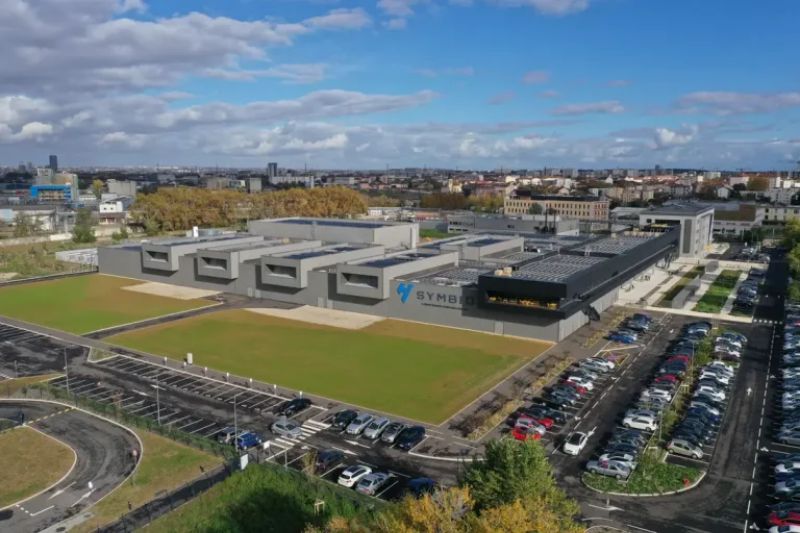Will AI Replace You? The 4 'S' Factors Deciding Your Job's Future

The rise of artificial intelligence (AI) has sparked widespread anxiety: will robots steal our jobs? While the prospect is unsettling, the reality is more nuanced. AI isn’t simply about replacing humans; it's about redefining work. Understanding the strengths of AI – specifically, the '4 S's' – is crucial to assessing your own job security and adapting to the changing landscape.
Let's break down these '4 S's' and what they mean for your career:
1. Speed: AI's Relentless Pace
AI excels at processing information and executing tasks at incredible speeds. Think of automated data entry, high-frequency trading, or even initial customer service interactions. If your role heavily relies on repetitive, data-intensive processes, AI's speed advantage poses a significant challenge. However, speed alone isn't enough. Human judgment, creativity, and adaptability often require a pace that AI can't replicate.
2. Scale: Handling Massive Volumes
AI can manage and analyze vast datasets – far beyond human capacity. This is invaluable for businesses dealing with big data, personalized marketing, or predictive analytics. If your job involves sifting through large quantities of information to identify trends or patterns, AI’s ability to scale its operations is a powerful advantage. However, understanding the 'why' behind the data, drawing strategic conclusions, and adapting to unforeseen circumstances still require human expertise.
3. Scope: Broadening Capabilities
AI's scope is constantly expanding, integrating into diverse fields from healthcare to finance. Machine learning algorithms can be trained on specific datasets to perform increasingly complex tasks. This means AI can potentially encroach upon areas previously considered exclusively human domains. However, truly integrating AI into a broader context, understanding its limitations, and ensuring ethical considerations remain paramount are still areas where human oversight is essential.
4. Sophistication: Advanced Problem-Solving
AI is becoming increasingly sophisticated in its ability to solve complex problems. Advanced algorithms can diagnose diseases, design innovative products, and even generate creative content. While current AI still struggles with true





